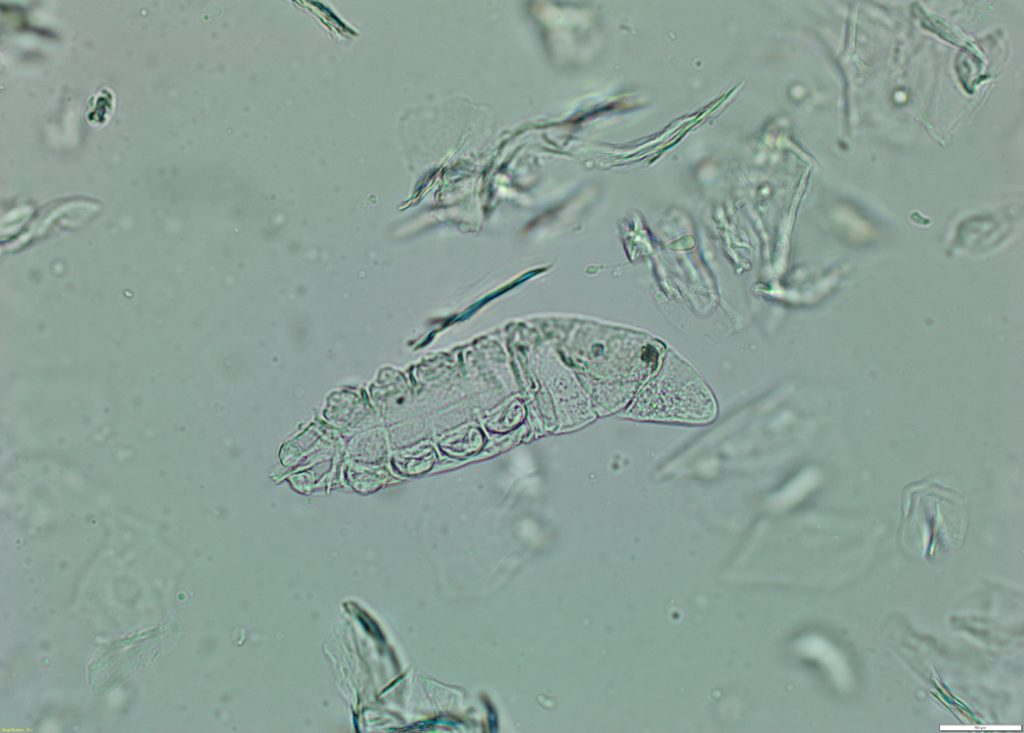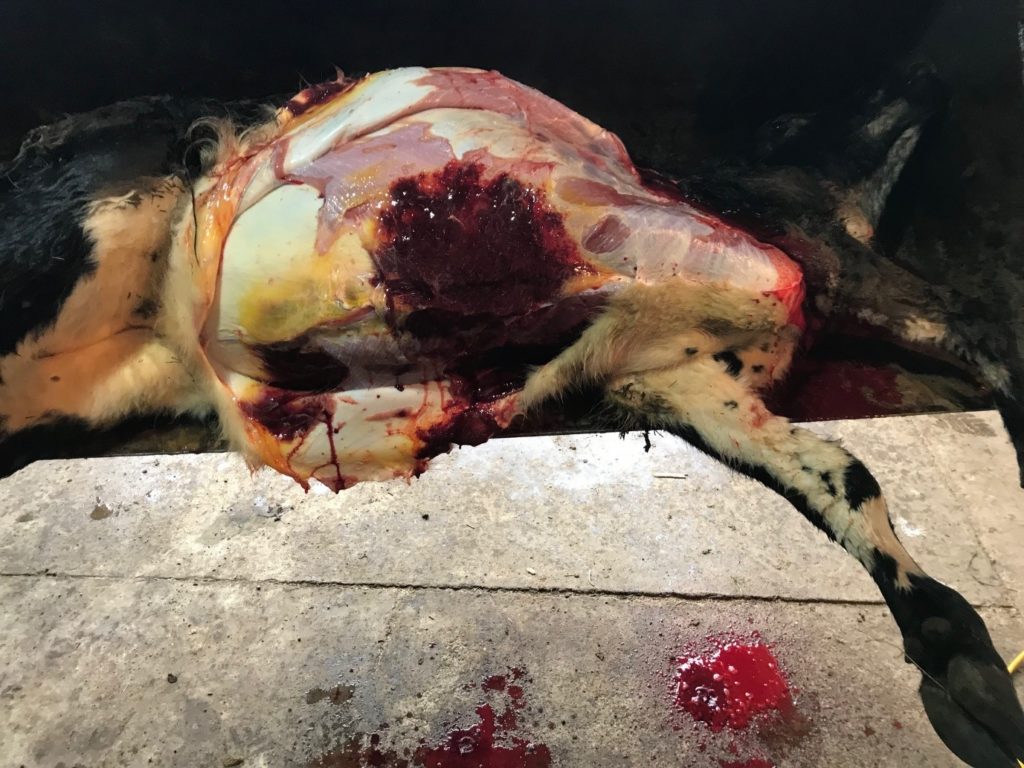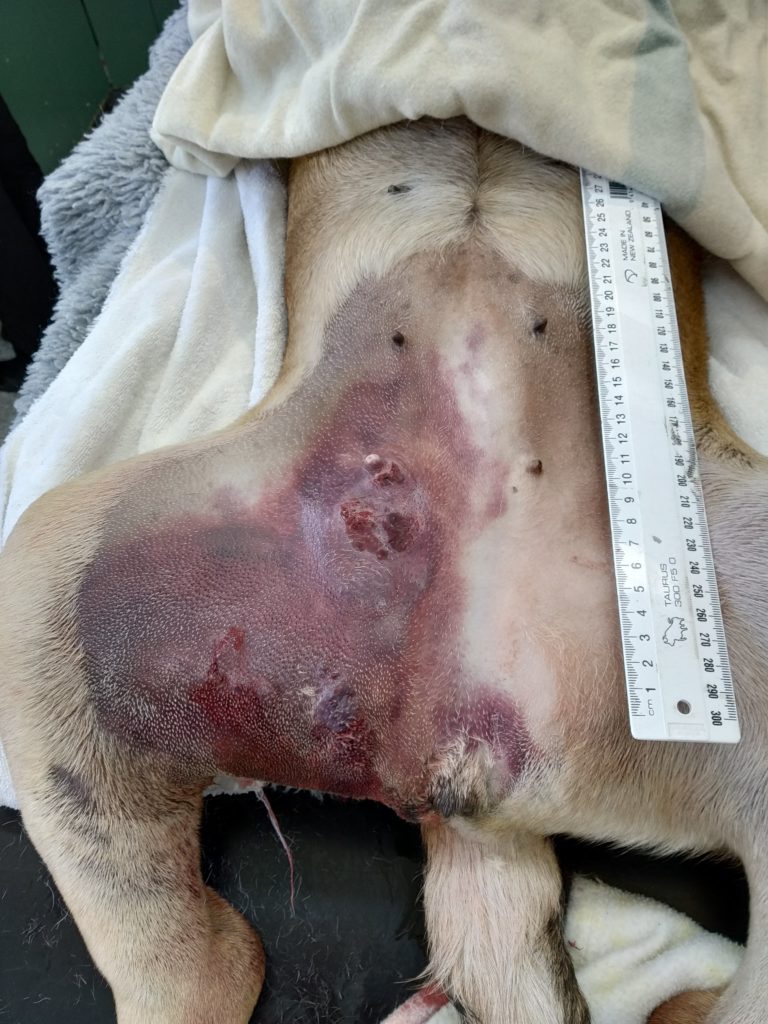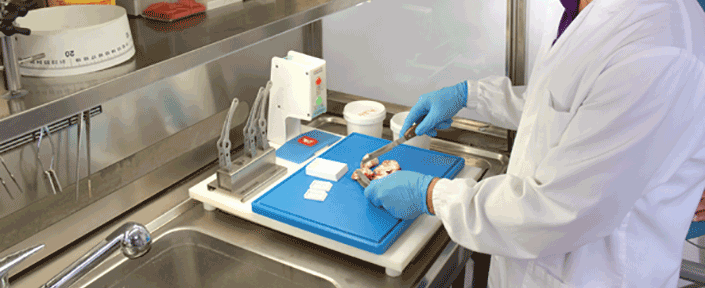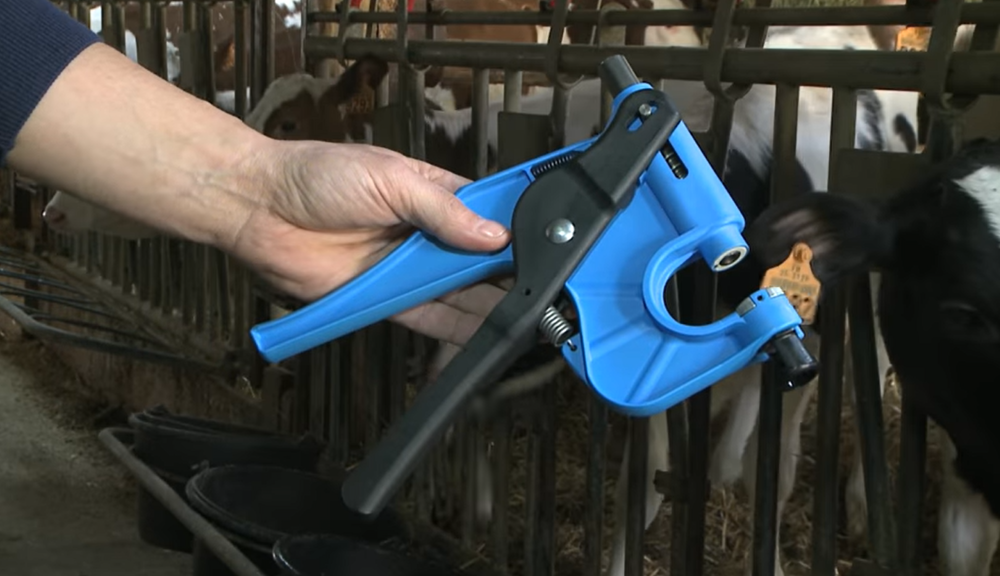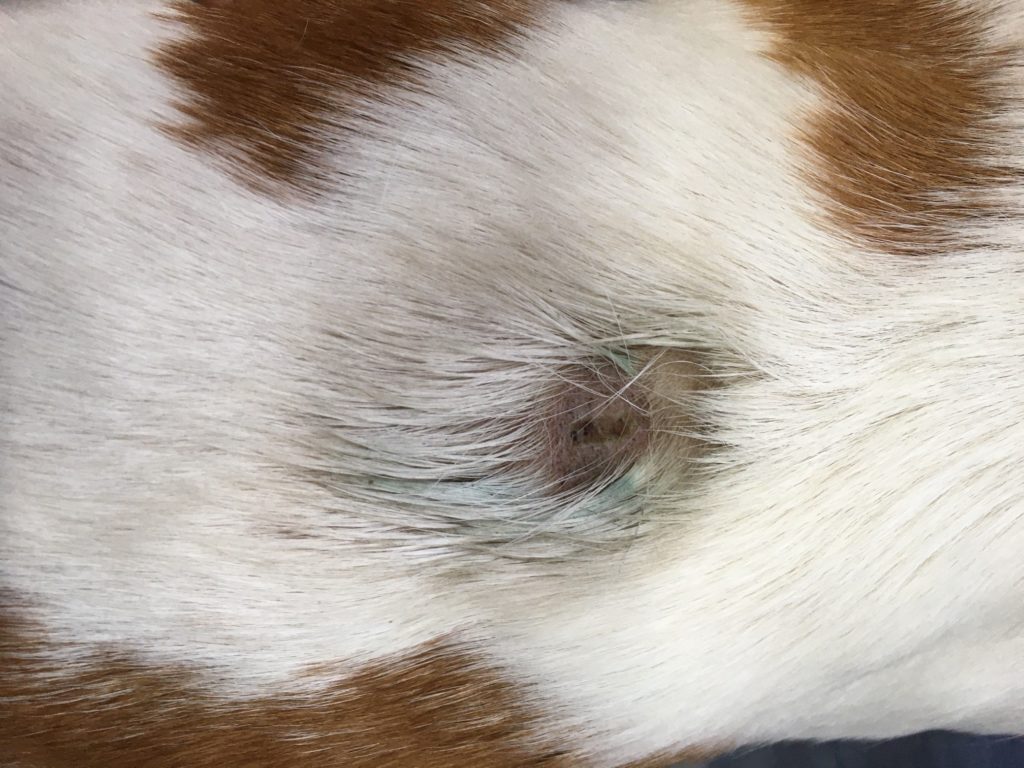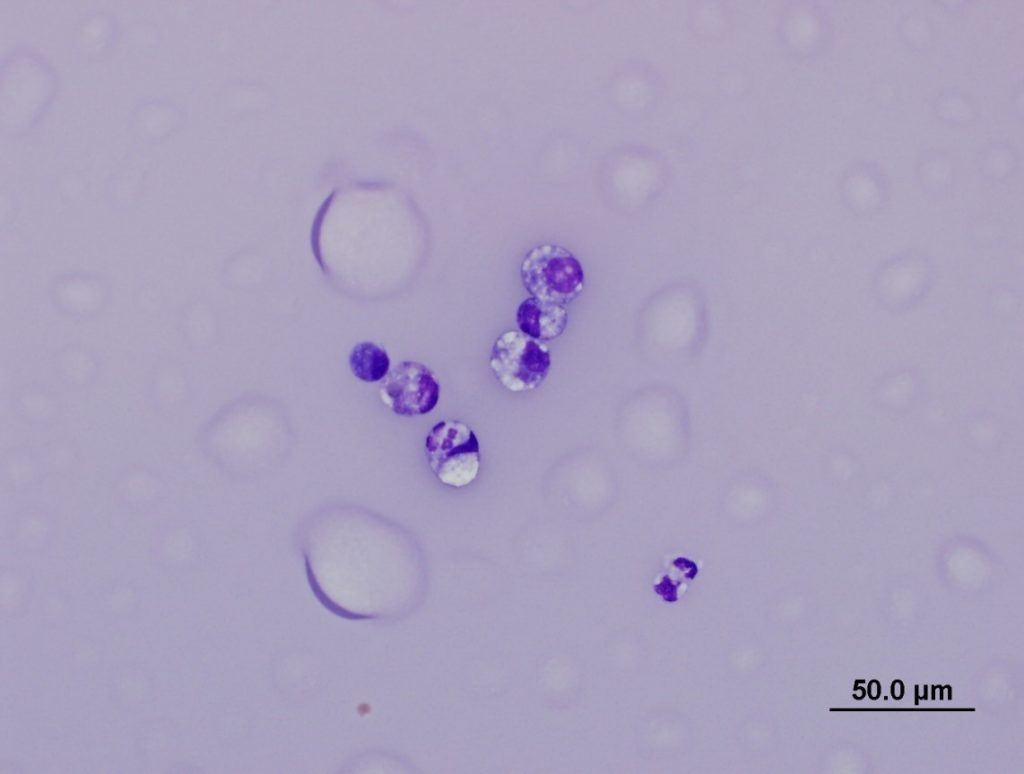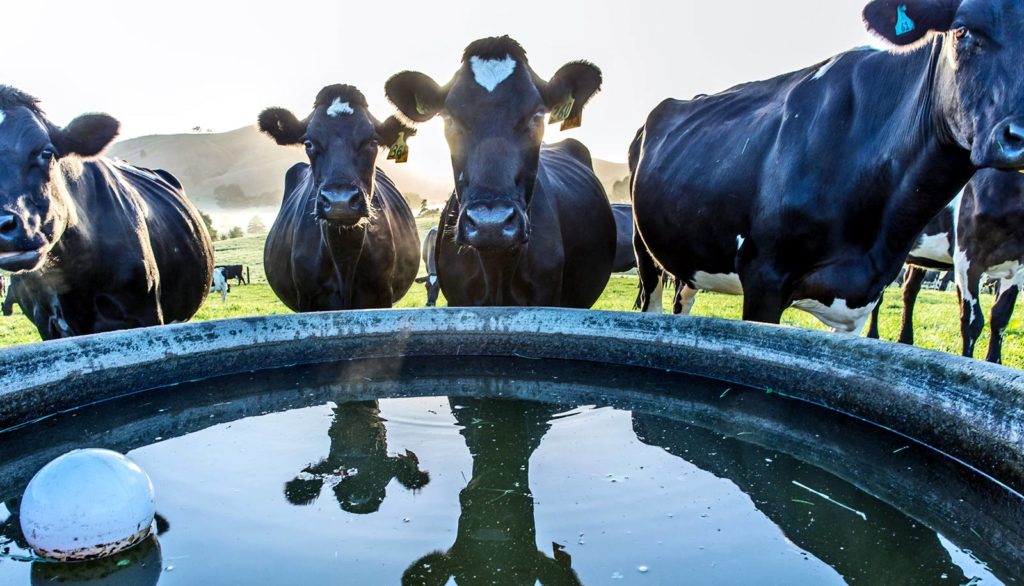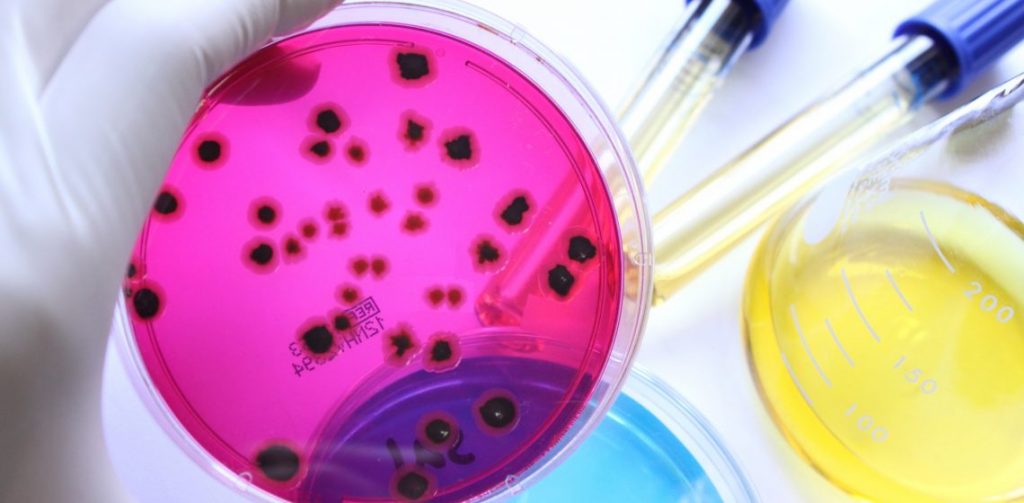Case of the month
SANDY WELTAN This is a case I encountered in South Africa, but considering the high incidence of Johne’s disease in New Zealand, I thought it would be of interest and possibly relevant here too. Clinical history: A 2-year-old, neutered, male Dachshund (right) presented to his veterinarian with lethargy inappetance, mild pyrexia and abdominal pain. Enlarged […]


